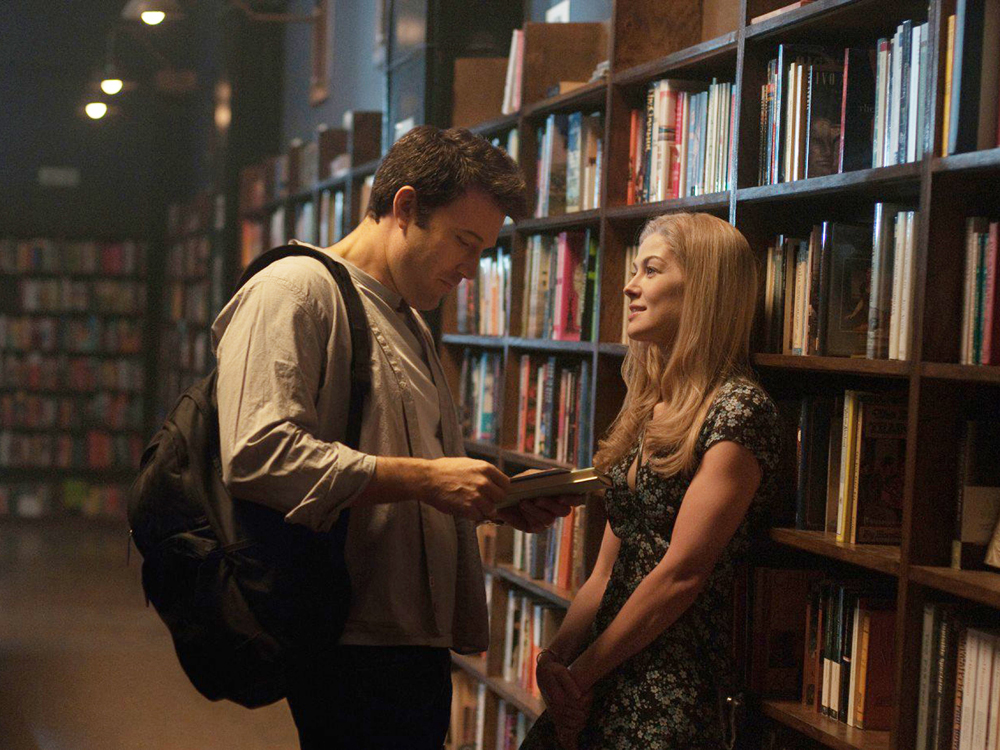Infidelity Is Easier And More Addictive Than Ever - And This Is Why
You probably won't be too shocked...

You probably won't be too shocked...
Affairs have been going on since the dawn of time - but according to a new study, the internet is to blame for making cheating not only easier, but also more addictive than ever.
Psychology professors Andreas Vossler and Naomi Moller from the Open University conducted an anonymous survey of British people who have indulged in virtual infidelity, and found that a large number believed that technology - so Tinder, Facebook, dating sites... we could go on all day - has made cheating infinitely easier and even like 'fast food'.
One subject wrote anonymously: 'I tried to stop but neither of us could, it would start again and since (sic) so easy, with all the technology we carry around it was an amazingly comforting and sexy thing to have. With long working hours an online relationship is like fast food, ready when we are, naughty, cheap, very often eaten alone without the exhaustion of social niceties.’
Those surveyed also said that because the internet allows them to pretend to be someone else and portray false bravado and confidence, it makes the idea of cheating more palatable.

Source: giphy
One woman who had been cheated on by her partner through his internet use said: 'I have a deep mistrust in the internet, and feel it massively facilitates infidelity. My ex-husband is inherently a very shy man, but online he is able to act much more confidently and attract the attention of other women. I strongly believe he would not have had so many affairs without the internet.'
Marie Claire Newsletter
Celebrity news, beauty, fashion advice, and fascinating features, delivered straight to your inbox!
Dr Vossler said: 'What our research has revealed is that men and women do see internet infidelity differently. But it is not just a gender divide – what is experienced as infidelity online can vary from person to person. What might be seen as casual chatting by one partner, is hurtful and disloyal to the other for instance.
'With the Internet and social media now being part of everyday life in the Western world, there are growing opportunities for partners to engage in online behaviours and activities that may be considered unfaithful in the context of a committed relationship (including e.g. cybersex, exchanging sexual self-images, online flirting and dating),' she added. 'This matters because infidelity commonly causes significant relationship distress and can have a negative and deteriorating effect on marriages and families.'
However, the researchers both said that there is not enough information on online behaviour out there, and that often internet infidelity is a grey area. They urged internet users to think carefully about their actions on social media, as even if internet flirtations aren't traditionally 'cheating' - e.g. not physically kissing or having sex - they can still be considered affairs, and can cause destruction to valued relationships.
The leading destination for fashion, beauty, shopping and finger-on-the-pulse views on the latest issues. Marie Claire's travel content helps you delight in discovering new destinations around the globe, offering a unique – and sometimes unchartered – travel experience. From new hotel openings to the destinations tipped to take over our travel calendars, this iconic name has it covered.